Rats and drain flies led to suspension of work at Bergs
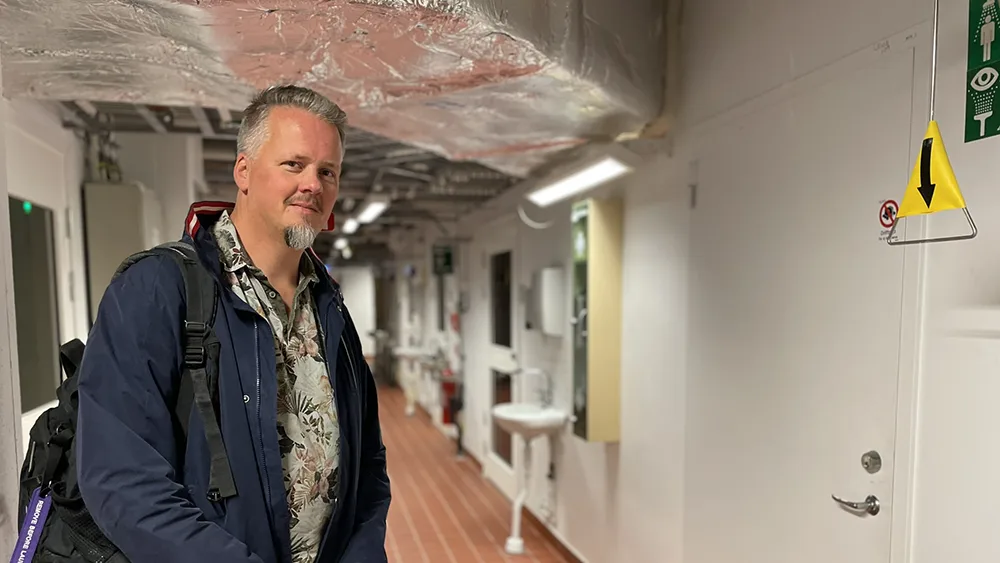
Rats, an overpowering stench, and large numbers of drain flies in the Bergs building basement led to the suspension of work in June. Several measures have since improved the situation, but some areas remain closed while awaiting a long-term solution.
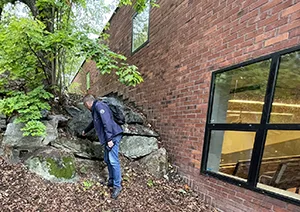
Joakim Odqvist, Head of the Department of Materials Science and Engineering, describes the situation:
"As early as April, colleagues started reporting rat droppings and piles of flies in the basement labs. We filed repeated fault reports, but Akademiska Hus failed to take action. Eventually, we contacted the school’s safety representative."
Jens Fridh, what happened when you got involved?
"When I entered the premises in June, I immediately realized something was seriously wrong. The stench was overwhelming, much worse than a regular sewage issue at home. There were rat droppings and heaps of flies in several places.
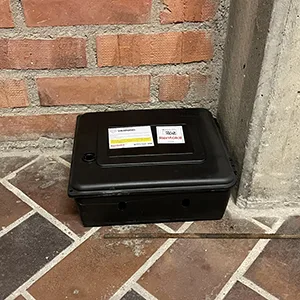
I always advocate dialogue as far as possible, but in this case the landlord had not implemented the necessary measures. Therefore, I imposed a suspension of work in several labs at the beginning of June."
An inspection of the pipes later revealed that the problem was caused by a broken sewage system in the basement.
Has anything been fixed since then?
"Some things have been addressed by Akademiska Hus (AH), but far from everything. A broken pipe has been replaced and pest control companies have been involved to deal with the rats. However, there are still suspicions of additional flaws in the roughly 60-year-old sewage system.
KTH has placed rat traps and strengthened cleaning both inside and around the building. They have also received detailed instructions from AH on how to treat the drains, which has significantly reduced the odor.
Above all, the suspension of work made both KTH and Akademiska Hus realize the seriousness of the situation."
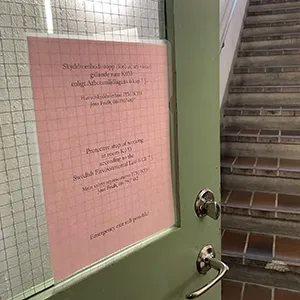
What is a suspension of work*?
"A suspension of work is a drastic measure grounded in the Swedish Work Environment Act. More importantly, it is a signal to the employer that there is a serious and acute health and safety problem that must be resolved urgently. If not, the case can be escalated to the Swedish Work Environment Authority, which may lead to external review and possible legal consequences.
Neither I nor KTH want a legal process. Instead, we strive for open dialogue to improve the work environment. Much of that work takes place systematically, for example through safety inspections."
What is the role of the safety representative?
"Safety representatives are an important resource for both employers and employees, always working to ensure a good work environment as required by law. I participate in cooperation groups and work closely with the unions.
At KTH, there are principal safety representatives at every school and within the administration, as well as several local representatives across the organization. However, there is no local safety representative at Materials Science, which is why I was called in."
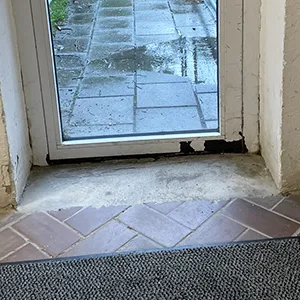
Joakim, what is the atmosphere like at your department now?
"It’s mixed. Some colleagues have become “blind” to the problems and no longer react, while others are very upset and worried. The long lack of response from KTH Real Estate and AH has created a lot of frustration."
Jens, is it safe for staff and students to be in the Bergs building now?
"Yes, I would say so. On August 14 the suspension of work in the labs was lifted, but it still remains in one stairwell, which may only be used as an emergency exit. There you can still smell sewage, and gaps by doors and floors suggest that rats could enter.
On Monday we will conduct a safety inspection in these premises, which will reveal any remaining issues. Safety inspections are carried out once a year in all KTH facilities to systematically review the work environment, evacuation routes, and for example fire risks."
What happens next?
"Akademiska Hus needs to inspect more parts of the sewage system and present a detailed action plan that can be followed up. Both KTH’s real estate department, the unions, the work environment coordinator, and I are waiting for this."
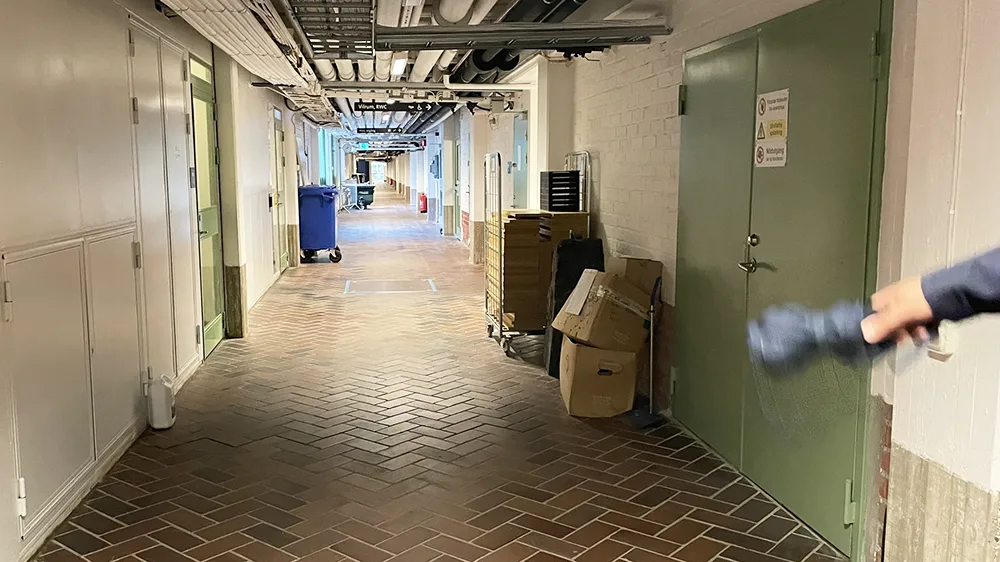
Do you believe Akademiska Hus will take action this time?
"Yes, they have actually solved quite a few problems, even during the summer", says Jens. "But it is important to keep up the pressure on AH."
“The efforts of individual employees at MSE have been very important in this regard”, adds Joakim. "This has contributed to AH taking action."
Jens again:
"The building is old and requires major renovations. I understand that it will be costly for AH, but if they want to keep renting out the premises, they must improve the standard – it’s as simple as that."
Text and photo: Ulrika Georgsson
